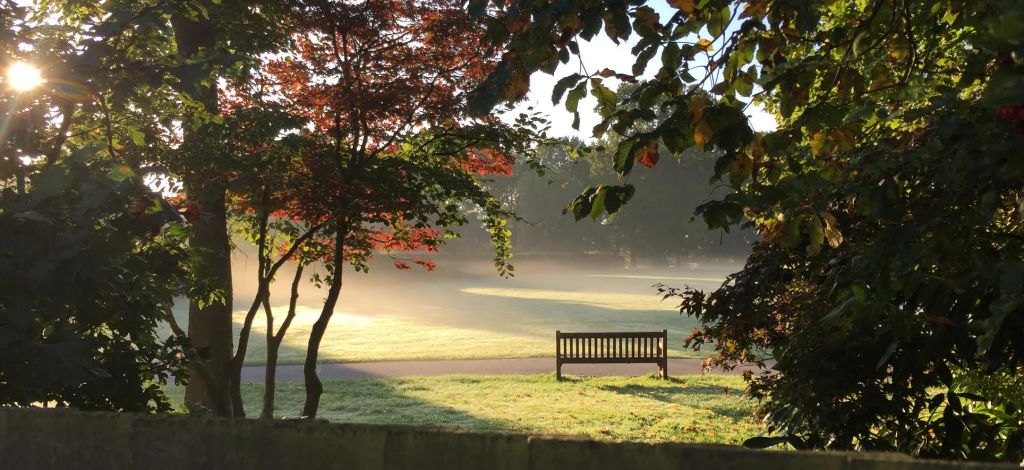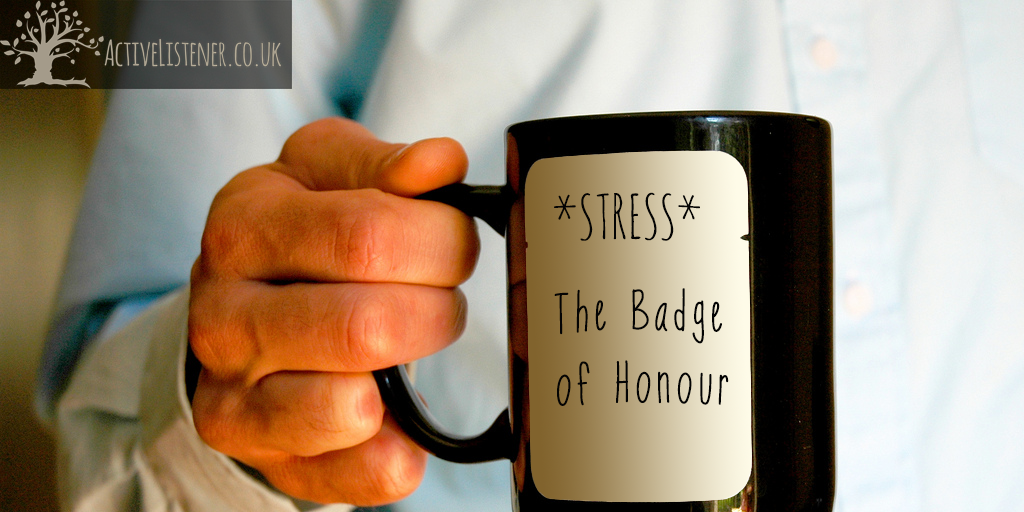Some of my work as a bereavement counsellor is to sit with the ones left behind. We work through ‘the grief process’…a clichéd yet necessary term for the gruelling journey each mortal must take in the dark face of loss. But is loss and grief only about death? What about the ‘process’ long before? A perfect example is the road taken by those who personally encounter and live through late stage Dementia. As it is Dementia Awareness Week (15-21 st May 2016) my goal as one working in mental health is twofold.
Firstly, a generic and vital educational exposure of a condition with many facets, and secondly shedding light on the deeper level on which the condition permeates the lives of those involved.
What is Dementia?
Dementia is not simply a crippling forgetfulness in the elderly. Early onset can be from age 50-65. ‘Alzheimer’s disease’ is the most common cause of dementia and the real irony is that it isn’t actually a disease – it is a collection of symptoms. The media declares loudly that hundreds of thousands of families are “touched by Dementia every year”…but did you know that there are other types of Dementia too? Did you know sufferers can have more than one type of Dementia at the same time? Alzheimer’s can manifest with Vascular Dementia or Dementia with Lewy Bodies (LBD). LBD shares characteristics with both Alzheimer’s and Parkinson’s diseases with sleep disturbance, hallucinations and fainting/blackouts. The mirroring of symptoms seen in other diseases can make diagnosis and treatment very difficult. Some therefore, are diagnosed as having ‘mixed dementia’. If some one you know gets a diagnosis – please ASK for the specifics because the condition is complex and varied. Online information is accessible and prolific and when we know more we can do more. Sadly, it appears medical research is only beginning to catch up.
Awareness must include understanding
Much is being done to increase awareness and even my local Hospital A&E has posters proudly declaring they are “Dementia Aware”. On a recent visit I failed to see the difference this made for an elderly, hallucinating and distressed patient left in a corridor for hours. In contrast; another department in the same hospital made an ethically challenging decision to discharge a patient earlier than medically advisable. Living with LBD, they believed the patient would “feel safer at home and therefore recover better”. I celebrate those empathic decisions and hope the mindset is infectious! Compassion like that needs to be extended to the carers and families too. This brings me to the second element; the deeper level of life with Dementia. The loss process has begun already for those involved closely. The person diagnosed is wrestling with change daily. They are mourning who they were and they fear who they may become. Loved ones must witness this suffering and as they help (through choice or necessity) they have to adjust alongside them. Both carer and cared-for need support. They need kindness. Long before death, there is a unique and complex grief process. UNDERSTANDING will make every bit of difference if it leads to patience, respect and empathy. Even the thought of Dementia can be terrifying. Support and advice is out there in many forms; call your GP, Samaritans or local charities such as Age UK and Hospice.
Counselling can provide a safe and non-judgmental space to explore and express your feelings.

Useful Resources
www.alzheimers.org.uk
Helpline 0300 222 1122
www.dementiauk.org
Helpline: 0800 888 6678
www.lewybody.org
Helpline: 0131 473 2385
www.ageuk.org.uk
Helpline: 0800 169 2081
www.nhs.uk/conditions/social-care-and-support-guide/Pages/what-is-social-care.aspx
www.samaritans.org
Helpline: 116 123













